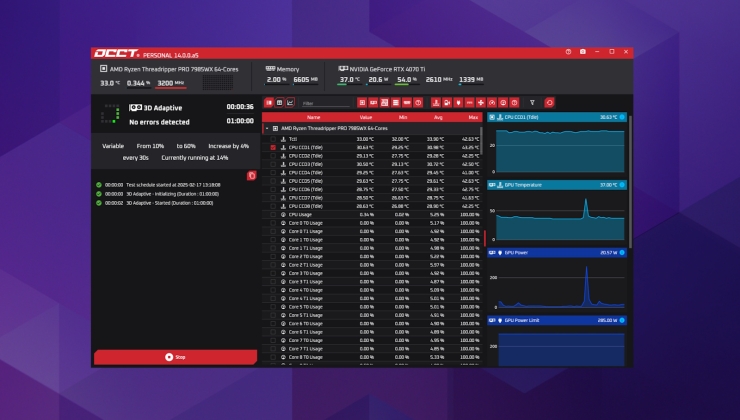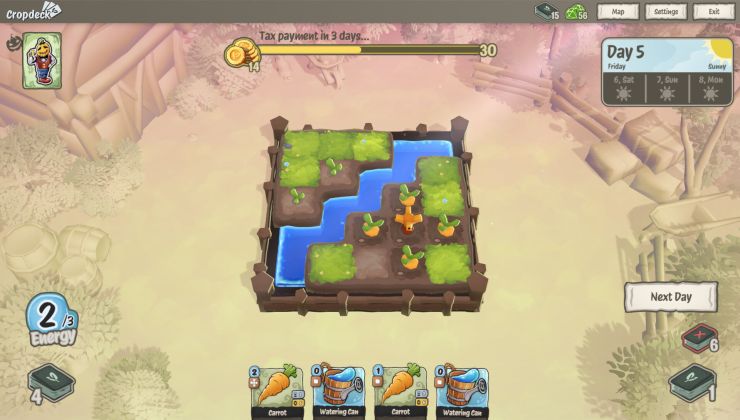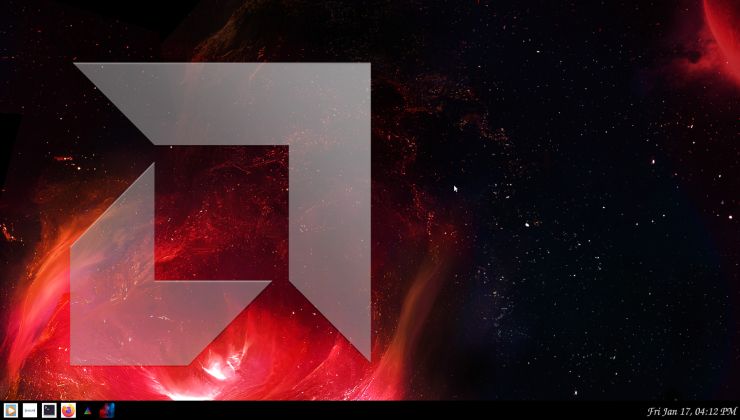Recently I covered an interesting movement called Stop Killing Games, which has an aim to bring to light the issue of publishers dropping support for and turning off games that people paid for.
This came about after Ubisoft decided to shut down The Crew, so everyone who had purchased it got left with a game that no longer works due to their forced online requirement. This certainly isn't the first game to do it, there's been a good few games left broken over the years and with how big the gaming industry is now, there will be more games shut by bigger publishers.

Pictured - The Crew
A petition was set up on the UK government's official petition website. On here when a petition hits 10,000 votes the government has to reply. If they hit 100,000 though, it's supposed to then be considered for an actual debate in Parliament. The petition closes on 16th October 2024.
That petition has hit 17,426 signatures at time of writing, and the UK government replied on May 2nd. The short version is: "Those selling games must comply with UK consumer law. They must provide clear information and allow continued access to games if sold on the understanding that they will remain playable indefinitely.".
No game is marketed anywhere on being available indefinitely, and in the case of Steam, you're only buying a license and not ownership of the game, so this isn't likely to go much further until it can be pushed much harder.
The full reply is much wordier and goes on to mention how "There may be occasions where companies make commercial decisions based on the high running costs of maintaining older servers for video games that have declining user bases.".
Which is a valid point, maintaining game servers does cost time and money, but that's not quite the point of the campaign argument. The point is these games with single-player modes that have forced server connections are made so that there's no way for players to continue them on, you're just left with nothing when the publisher decides to move on.
The full UK government reply is below:
The Government recognises recent concerns raised by video games users regarding the long-term operability of purchased products.
Consumers should be aware that there is no requirement in UK law compelling software companies and providers to support older versions of their operating systems, software or connected products. There may be occasions where companies make commercial decisions based on the high running costs of maintaining older servers for video games that have declining user bases. However, video games sellers must comply with existing consumer law, including the Consumer Rights Act 2015 (CRA) and the Consumer Protection from Unfair Trading Regulations 2008 (CPRs).
The CPRs require information to consumers to be clear and correct, and prohibit commercial practices which through false information or misleading omissions cause the average consumer to make a different choice, for example, to purchase goods or services they would not otherwise have purchased. The regulations prohibit commercial practices which omit or hide information which the average consumer needs to make an informed choice, and prohibits traders from providing material information in an unclear, unintelligible, ambiguous or untimely manner. If consumers are led to believe that a game will remain playable indefinitely for certain systems, despite the end of physical support, the CPRs may require that the game remains technically feasible (for example, available offline) to play under those circumstances.
The CPRs are enforced by Trading Standards and the Competition and Markets Authority. If consumers believe that there has been a breach of these regulations, they should report the matter in the first instance to the Citizens Advice consumer helpline on 0808 223 1133 (www.citizensadvice.org.uk). People living in Scotland should contact Advice Direct Scotland on 0808 164 6000 (www.consumeradvice.scot). Both helplines offer a free service advising consumers on their rights and how best to take their case forward. The helplines will refer complaints to Trading Standards services where appropriate. Consumers can also pursue private redress through the courts where a trader has provided misleading information on a product.
The CRA gives consumers important rights when they make a contract with a trader for the supply of digital content. This includes requiring digital content to be of satisfactory quality, fit for a particular purpose and as described by the seller. It can be difficult and expensive for businesses to maintain dedicated support for old software, particularly if it needs to interact with modern hardware, apps and websites, but if software is being offered for sale that is not supported by the provider, then this should be made clear.
If the digital content does not meet these quality rights, the consumer has the right to a repair or replacement of the digital content. If a repair or replacement is not possible, or does not fix the problem, then the consumer will be entitled to some money back or a price reduction which can be up to 100% of the cost of the digital content. These rights apply to intangible digital content like computer software or a PC game, as well as digital content in a tangible form like a physical copy of a video game. The CRA has a time limit of up to six years after a breach of contract during which a consumer can take legal action.
The standards outlined above apply to digital content where there is a contractual right of the trader or a third party to modify or update the digital content. In practice, this means that a trader or third party can upgrade, fix, enhance and improve the features of digital content so long as it continues to match any description given by the trader and continues to conform with any pre-contract information including main characteristics, functionality and compatibility provided by the trader, unless varied by express agreement.
Consumers should also be aware that while there is a statutory right for goods (including intangible digital content) to be of a satisfactory quality, that will only be breached if they are not of the standard which a reasonable person would consider to be satisfactory, taking into account circumstances including the price and any description given. For example, a manufacturer’s support for a mobile phone is likely to be withdrawn as they launch new models. It will remain usable but without, for example, security updates, and over time some app developers may decide to withdraw support.
Department Culture, Media & Sport
There's no real good solution to this. Government intervention would likely be quite messy for the industry, especially for smaller developers. The better solution would be for big publishers to stop forcing online requirements for games that have single-player. Handing out server builds for players is an option too of course, lots and lots of games do that. And there's probably numerous other ways to handle this that isn't just taking away what people paid for.
The reality is, until people en masse stop buying games with those requirements, nothing will change.
There IS an easy answer for this. REQUIRE that ALL SOFTWARE be open sourced ten years from date of first sale. Then the community can take it from there.
The problem you have there is not all the game code might be able to be open sourced. For example if you use a third party game engine you don't have the rights to open source that and they might not want their secret sauce spilling across the web. A simple patch to remove the online requirement would suffice.
ALL SOFTWARE. How is that not specific enough? ALL OF IT. If the game is ten years old, the game engine is ten years old. The operating system it's running on is ten years old. It's all ten years from date of first sale, so it all get's open sourced. Game, OS, network tool, whatever.
The only way to stop corporate from using copyright as a sledgehammer against the people is TO TAKE IT AWAY. So they get ten years to make money off of the software - which is probably five years too long - and then that right is taken away outright with no exceptions.






 How to set, change and reset your SteamOS / Steam Deck desktop sudo password
How to set, change and reset your SteamOS / Steam Deck desktop sudo password How to set up Decky Loader on Steam Deck / SteamOS for easy plugins
How to set up Decky Loader on Steam Deck / SteamOS for easy plugins
See more from me